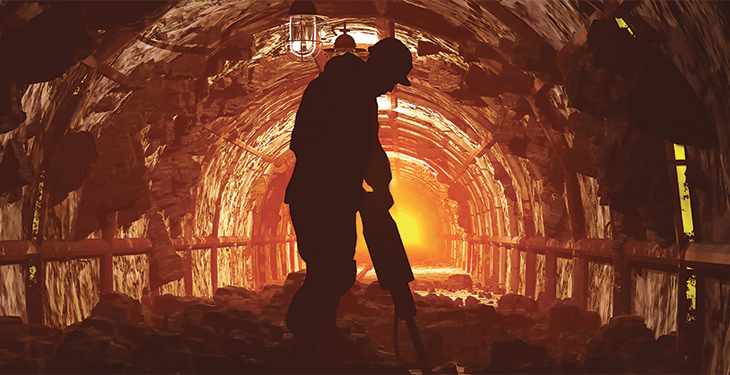Closure of coal mines is under European debate, but there are solutions for this coal to be absolutely environmentally neutral, meaning emissions can be captured and stored, says Răzvan Nicolescu, Energy & Resources Industry Leader, Deloitte Central Europe.
“Following the European debate, I notice some things that I sometimes have a problem understanding. For example, there is a lot of talk about closing coal mines. Those of us who work in the energy field know that there are solutions for this coal to be absolutely neutral in relation to the environment, meaning that emissions can be captured and stored. Why should we not experiment and not give these technologies a chance and already talk about closing down the production before these technologies have a chance? I would like Romania not to make a strategic mistake. I see in the public space a discussion related to the transition, in the rural environment, from biomass heating to natural gas. Obviously we can no longer go on wood, straw, biomass, or with yields below 10%, but the solution is not to switch only to gas, because in the end being a transition fuel, it pollutes,” Nicolescu explained, according to Agerpres.
On the other hand, he pointed out that the ambitions assumed by the European Union, through the European Green Deal, are admirable, but not sufficient without a common effort, at a global level.
“I am convinced that the ambitions assumed by the European Ecological Pact will be realized and the European Union will have global leadership in a very serious problem facing humanity. What worries me is that the European Union’s effort is not enough. The European Union emits less than 10% of the total level of greenhouse gases, so without the Chinese, Indians and Americans in a joint effort this European effort will be admirable, but it will not result in the outcome we want and namely, to live in a clean world in which biosystems are not affected. In this discussion at European level, Romania should position itself more courageously taking into account our reality. We are a country that has, today, 24% renewable energy in our energy mix, meaning we are four percent above the European Union average, we are the only country in Central and Eastern Europe that aims to increase the percentage of renewable energy to more than 30%. In comparison, Bulgarian counterparts aim for 27% in 2030, Poles and Hungarians somewhere around 22%. Romania, at the level of per capita emissions, is much, much, much below the European average. We are among those who contribute to making the European Union cleaner (…) For this reason, in the whole debate in Brussels, it seems fair to me that as long as you are below the European average (pollution level), as country, no further emission reduction commitment should be applied when you, practically, lower the European average, not increase it,” the expert claimed.
Nicolescu also stressed that the European Union’s (EU) emissions neutrality target for 2050 would involve investments of over 8 trillion euro.
